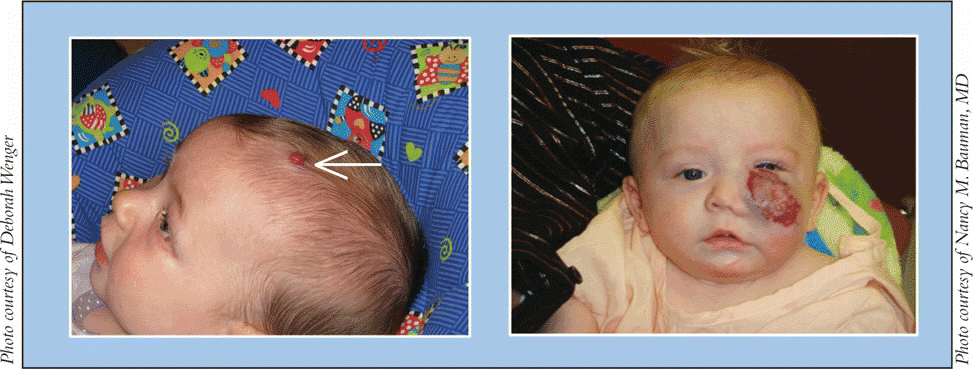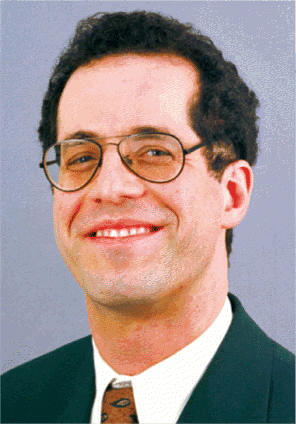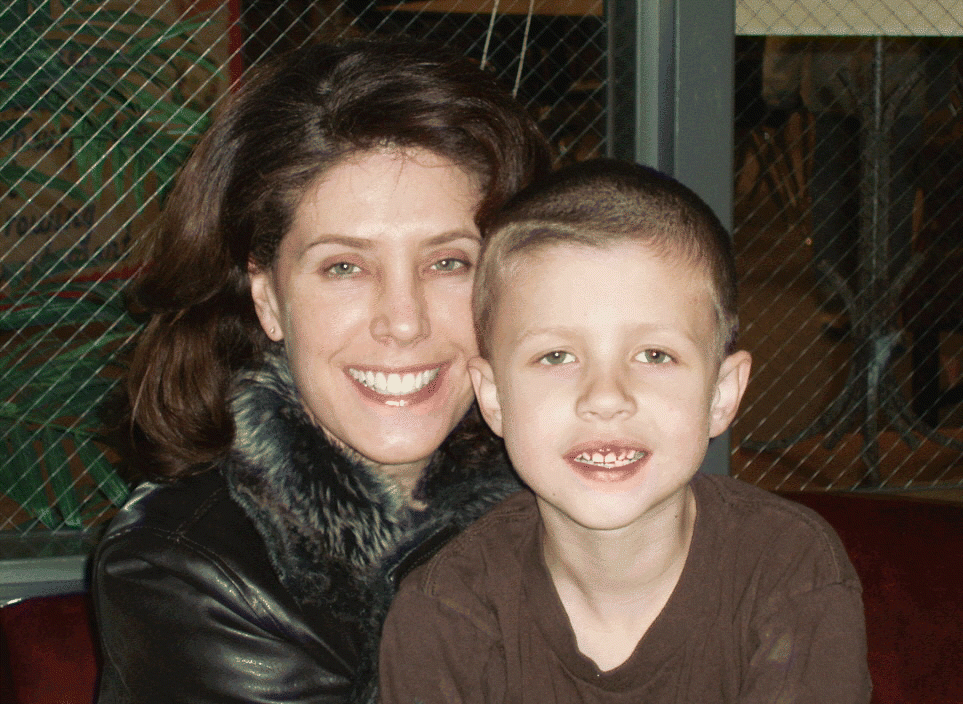In a recent debate-style panel, five otolaryngologists addressed topical clinical issues relating to the pediatric airway ranging from adenotonsillectomy in children with obstructive sleep symptoms, to whether cidofovir should be used as a standard treatment in children with recurrent respiratory papillomas.








